Drama
Curriculum overview for Key Stage 3 Drama
National Curriculum programme of study: Drama within English
https://assets.publishing.service.gov.uk/media/5a7b8761ed915d4147620f6b/SECONDARY_national_curriculum_-_English2.pdf
Curriculum intent – the knowledge, understanding and skills that students will learn
Drama is taught within the English curriculum as part of the Speaking and Listening element. In Blackfen School, Drama is taught discretely in a subject rotation in Year 7 and Year 8, three times across the two-week timetable cycle, in alternate half terms. During their Key Stage 3 lessons, students are enabled to participate in and gain knowledge, skills and understanding associated with the artistic practice of drama. Students adopt, create and sustain a range of roles, responding appropriately to others in role. They also have opportunities to improvise, devise and script drama for one another and a range of audiences, as well as to rehearse, refine, share and respond thoughtfully to drama and theatre performances. Beyond these achievements, Drama impacts significantly on the development of students’ oracy skills to enable their personal development as confident and fluent public speakers. The advantages of gaining such skills are experienced throughout their education and into the world of work. Within a structured school day, Drama also allows students to express themselves and articulate their emotional landscape. The subject promotes greater inclusion and diversity because through lessons and extra-curricular activities, teachers and students share the "exploration of a wide range of cultures, experiences, perspectives, and the world in which we live”. Increasing the cultural capital of the students we teach is an essential aim in education and Drama has a significant role in achieving this ambition at Blackfen School.
Curriculum implementation – teaching, learning and assessment strategies
At Blackfen School, Key Stage 3 Drama is taught within a rotation with Dance, thereby enabling students to get a broad education within both disciplines. The subject is delivered in specialised Drama classrooms and in the Performance Space. Students develop their knowledge and understanding of Drama and its specific skills across a wide range of topics: Fairy tales, ‘Darkwood Manor’ and ‘Hansel and Gretel’ in Year 7; ‘Melodrama’, ‘Matilda’ and ‘Devising’ in Year 8 and ‘I Love you Mum’, ‘Blood Brothers’ and the ‘Devising Project’ in Year 9. Throughout their Key Stage 3 Drama lessons, students develop their knowledge of Drama skills and techniques; enhance their personal confidence to create and perform theatre, and learn about Physical and Vocal skills. Drama from different genres and styles is introduced and studied to broaden students’ learning and understanding of the world in which they live and will work, as well as using topics that connect with their PHSE studies, such as ‘I Love you Mum’ in Year 9. Ultimately, Drama lessons enable students to express themselves uniquely and creatively by:
• Providing students with key industry skills they will need for the working world (for example, teamwork, leadership and creative thinking)
• Providing students with opportunities to experience peer mentoring and coaching.
• Providing students with the vocal, physical, evaluative and mental skills they need to execute a drama performance.
Curriculum impact – intended outcomes for students
The Key Stage 3 Drama curriculum enables students to access increasingly complex curriculum knowledge and understanding by building on their previous learning and using it to create and embed advanced-level skills and techniques. By the end of Year 7 students are able to understand and apply basic Drama techniques to devising and script work. In Year 8, they progress to exploring new styles of theatre, as well as devising theatre from a range of stimuli. By the end of Key Stage 3, students have learnt an extensive range of Drama techniques which have been embedded in a variety of genres and styles. Moreover, they have developed their ability to recognise, respond and evaluate how and why theatre has been created using these techniques. Students who decide to select Drama for study at Key Stage 4 have forged a strong foundation from their Key Stage 3 work from which to tackle the GCSE Drama competencies required to Devise, Perform, Design and Evaluate theatre. Even if they do not choose to take up GCSE Drama, students have secured a rich repertoire of transferable skills to last a lifetime, for example, in diverse public speaking scenarios; in building personal confidence; in teamwork, time keeping, leadership and creative thinking.
Assessment overview for Key Stage 3 Drama
Year 7 and Year 8
Drama is taught in a subject rotation in Year 7 and Year 8, three times across the two-week timetable cycle, in alternate half terms. Assessment takes place formatively once per fortnight and there is a summative whole class assessment at the end of the half term. Formative assessment - via live performance – enables students to receive teacher feedback and be guided on deciding their own ‘next steps’ target. Summative assessment takes place in the last lesson of the half term when students are assessed on the full range of Drama skills in performance.
Year 9
In Year 9, Drama is taught in a similar subject rotation to that of Year 7 and Year 8, except that there are two lessons scheduled across the two-week timetable cycle, in alternate half terms. Assessment arrangements remain the same. Students in Year 9 will also complete a written assessment in the spring term.
In addition to on-going formative assessment based on classroom and home learning, summative assessment of students’ progress in Key Stage 3 Drama takes place in line with whole-school arrangements for assessment. Please see the Curriculum and Assessment policy on the Curriculum website page for further details about Key Stage 3 formal assessment.
